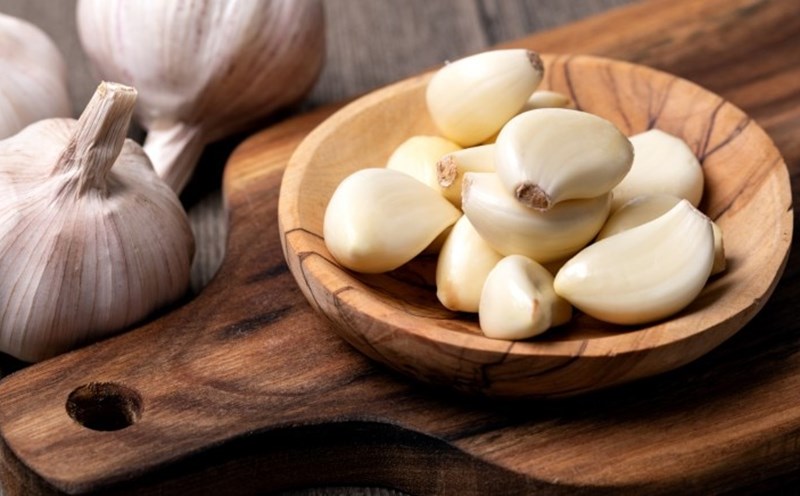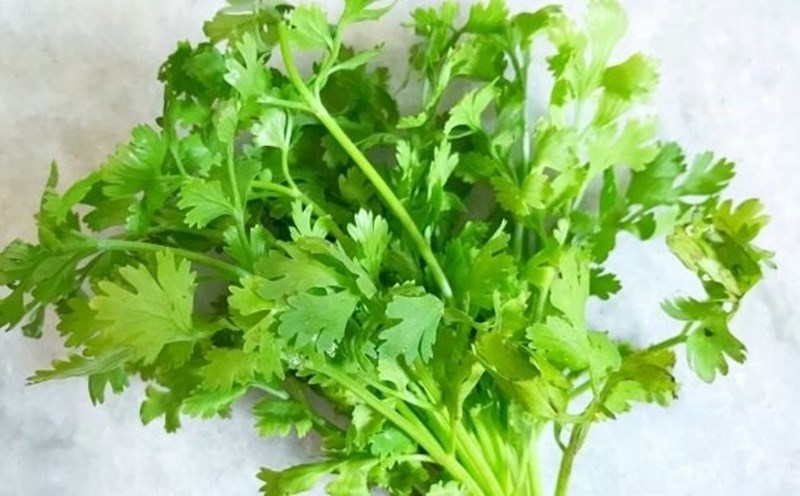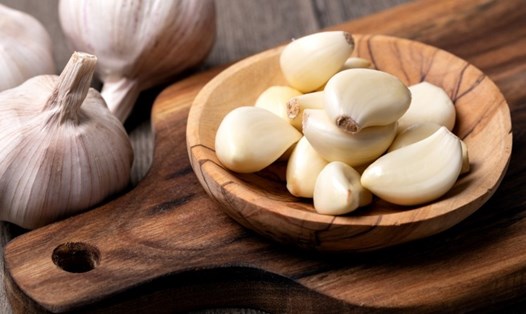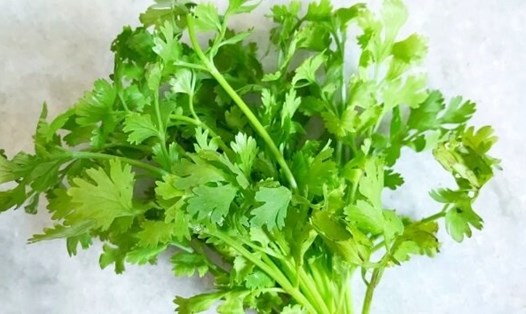Cucumbers contain about 95% water and very few calories (about 16 calories/100g), helping to create a feeling of fullness without taking in too much energy. The water in cucumbers supports hydration, improves metabolic function and supports more effective fat burning.
Adding fiber from cucumbers helps reduce cravings, improve digestion and control blood sugar levels, thereby supporting visceral fat loss.
Some diets, such as the DASH (Dietary Approaches to Stop Hypertension) diet and other healthy weight-loss methods, encourage the use of lots of vegetables, including cucumbers. These diets help control blood sugar levels and reduce bad cholesterol, two factors that influence the accumulation of visceral fat.
Mechanism of visceral fat reduction in mice: Improve energy metabolism: Cucumbers provide vitamin C and antioxidants, which help reduce inflammation - a factor related to visceral fat development.
Reduced overall calorie intake: Incorporating cucumbers into meals or using them as a snack instead of high-calorie foods (like fried foods) can reduce overall calorie intake, helping to reduce weight and visceral fat.
Combine cucumbers with a healthy lifestyle: Cucumbers are not the only solution. To effectively reduce visceral fat, you need to: Increase physical activity: Moderate and high intensity exercises, such as aerobics or weight training, have been shown to effectively reduce visceral fat.
Eat a balanced diet: Combine cucumbers with foods rich in protein (like fish, beans) and healthy fats to maximize the benefits.
Limit processed foods: Eliminating foods high in sugar and saturated fat is a way to minimize visceral fat accumulation.
Cucumbers aren't the only "superfood" for reducing visceral fat, but they are a useful part of an overall strategy. By combining cucumbers with other healthy foods and maintaining an active lifestyle, you can achieve your health goals.











